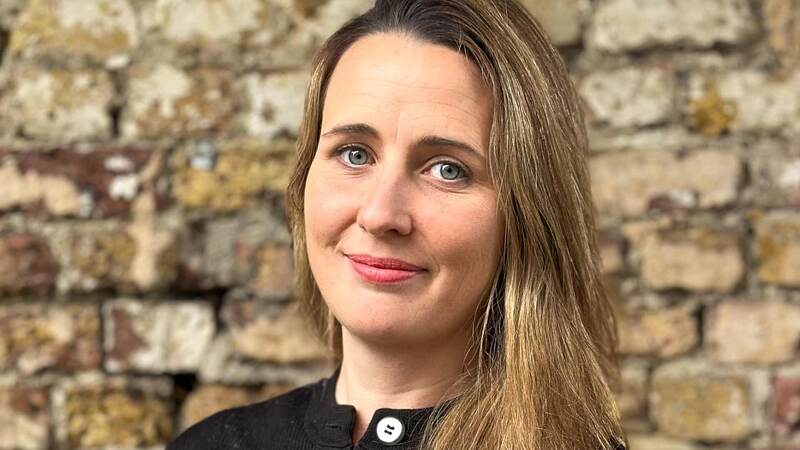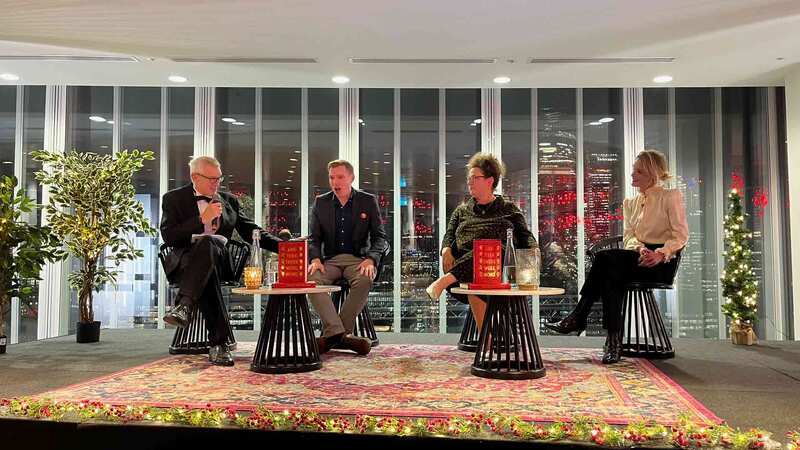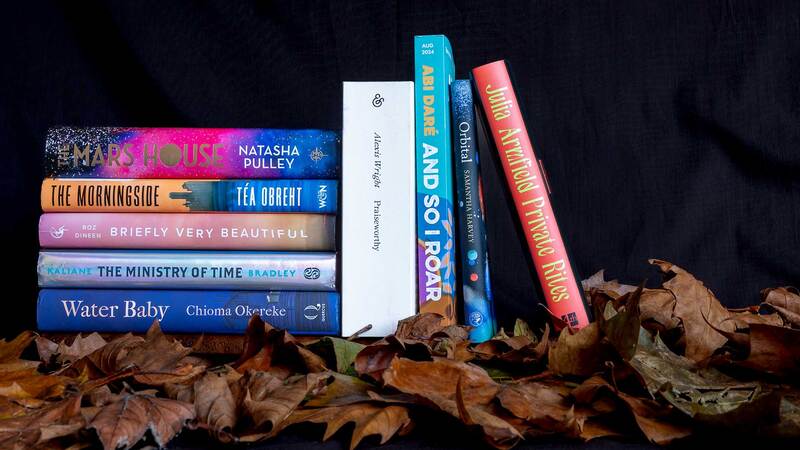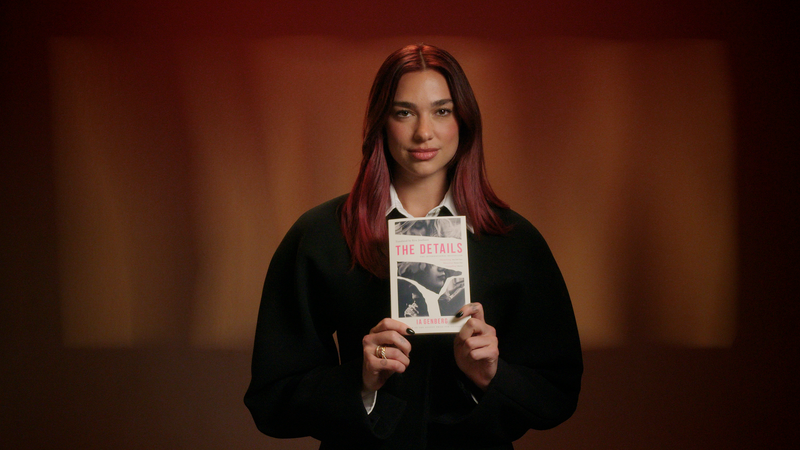You are viewing your 1 free article this month. Login to read more articles.
'Much work to do': pay transparency and hiring processes must change now, FutureBook hears
Ensuring transparency around pay, demystifying the hiring process and giving illustrators the recognition they deserve are among the most fundamental changes the industry needs to make now, delegates at The Bookseller's FutureBook conference have heard.
In the session "How do we make change happen?", Words of Colour director and founder Joy Francis chaired a panel comprising Marianne Tatepo, Niamh Mulvey, Sarah McIntyre and Hamza Jahanzeb.
Tatepo, commissioning editor at Ebury Press, said there was "rhetoric around being the right fit" when she was starting out in the industry. She launched the Black Agents & Editors Group (BAE) mentoring and support network for people of African descent earlier this year.
Both Tatepo and Francis highlighted the lack of hard data showing a black employee's experience of the UK publishing industry, compared with the climate in the US. It is estimated black staffers make up 1% of the editorial workforce in publishing in the US, and Tatepo suggests the UK figure may be closer to 0.25%. Citing the findings of Spread the Word's report Rethinking Diversity in Publishing, Tatepo said BAE was working to "create data as a community by co-existing", adding that research had shown the lived experiences of black staffers being undermined in the workplace is "more than anecdotal". She urged commissioning editors to think carefully about the type of writer they work with, citing histories and biographies as genres that are commonly written by Oxbridge or Russell Group university alumni.
Among other suggestions, Tatepo's list for making tangible change to race representation in publishing included compensating black writers equally, dismantling the use of the BAME acronym, disavowing white supremacy and valuing the lived experience of black people. The BAE is inviting the industry to reflect on a list of "15 Steps to Doing Better".
Jahanzeb, marketing executive at Icon Books, agreed that demystifying the hiring and payment processes were top priorities. "Non-white people have to work twice as hard in order to allow themselves to feel they're on par with their white counterparts," he said. "People do find themselves threatened by non-white bodies in publishing houses — how must that one black, or south Asian, or disabled or queer person feel among the homogenous group?"
Addressing "complacency", he said that presses were guilty of assuming their "core audience is white and middle class", and added: "This industry raises a glass and celebrates itself about hiring one token diverse applicant, I'm sorry but that's not good enough."
Jahanzeb himself spent three months as an unpaid intern in Beijing, in addition to two weeks at Vintage Books, before landing his first job in the industry. "For me to enter the London-centric publishing industry, I had to do it from Beijing," he said. "I wasn't able to get my first job in publishing without proving I had worked for three months unpaid."
"We need to uproot the structure that allows for these inequalities," he said. "It is a positive future we have for publishing, but we have so much work to do."'
Mulvey, co founder and publisher at children's books start-up In the History Books, said there was a widespread "fear and terror of being seen to want to know about money" and asked: "Why are we so anxious? What are we trying to hide?" She warned listeners the problem of transparency around pay was "not going to be solved by the management", and urged staffers to unionise and "work together to make it better, don't rely on people at the top".
Writing for The Bookseller earlier this year, Mulvey asserted it is "impossible for publishing to fulfil its own diversity agenda while continuing to pay low wages to most workers and to maintain its decades-long secrecy over pay and progression". Jahanzeb said the practice of writing "competitive salary" on job adverts instead of dislosing salaries was also a barrier, adding it was important for the industry to consider "competitive with who?"
Commenting on Dapo Adeola's recent open letter to the BBC, author and illustrator Sarah McIntyre said crediting illustrators needed to become an industry-wide practice. She co-founded the #PicturesMeanBusiness campaign with James Mayhew to raise awareness about the lack of credit illustrators are given in the publishing inudstry and the media, and to reverse this. "Illustrators need to stand up for themselves," she said, adding that efforts needed to be focused on "fixing little bits of the system" that exclude picture crediting. Moving forward, she suggested publishers think outside the box in terms of tapping into illustrators' talents for marketing campaigns and branding.















